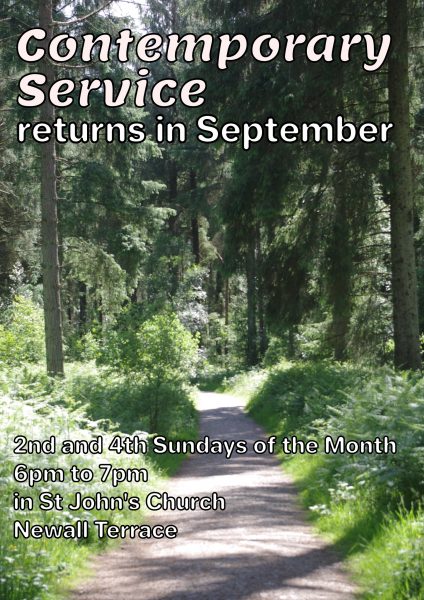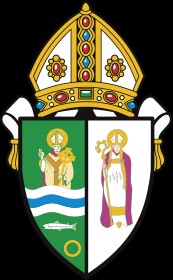‘In most religious education children are told who God is. In Godly Play children discover who God is.’
Godly Play is a method of religious education that was developed over 27 years ago by an American Episcopalian priest – Jerome Berryman, drawing on the Montissori Method of education and child development. In Godly Play we respond to the child’s request to ‘help me do it be myself.’ This puts the teacher in the role of spiritual supporter or guide who fully accepts that each child has his or her own relationship with God already. The teachers model the behaviour they want to encourage in the children
Linda Scott, our Children’s Church Leader attended the Godly Play UK accreditation course 2006 and attends regular ongoing training.
Each Sunday we follow a similar pattern,
which broadly follows the structure of the Eucharist. At the heart of each session is a presentation or story which uses beautiful, simple materials – an important aspect of Godly Play is that the materials are attractive, and yet robust enough for the children to use themselves. The teachers learn the stories by heart, so that they can present them more effectively. After the story there is a time of wondering when the children are encouraged to develop their own understanding of the story. Then the children can choose how to respond to the story – either through creative work, by looking at a book or exploring the lesson further.
As the hour draws to a close the children put things away and tidy up, and then we gather in the circle again for the feast – when we say prayers together and have juice or water and a biscuit or fruit, then there is usually an opportunity to chat until the parents come to collect the children to go up to receive communion.
How we will communicate with you- we hope to have an open channel of communication with you; and this means that we will ask you to tell us anything we need to know about your child, and if your child is hurt or has a fall we will always tell you and keep a record.
Safety and protection We will do everything we can to provide a protective and safe environment for your child; and this means all the Children’s Church leaders have had background checks and references taken up and are expected to attend training on child protection. If our leaders are concerned about a child they are trained to talk to parents about their worries; and we will tell you if your child says anything that we think might be of concern to you, or to us. Our experience has taught us that open communication between parents and Children’s Church leaders is the best way to avoid misunderstandings.
Welcome
St John the Evangelist, Dumfries, is a parish of the Scottish Episcopal Church also serving Methodist parishioners locally.
Donations
You can donate to St John’s by credit or debit card by following these links.
St John’s Bellringers on Border Life video
Notices
Contemporary Service

The Contemporary Service is at 6pm, on the second and fourth Sundays of the month, followed by refreshments in the hall.





